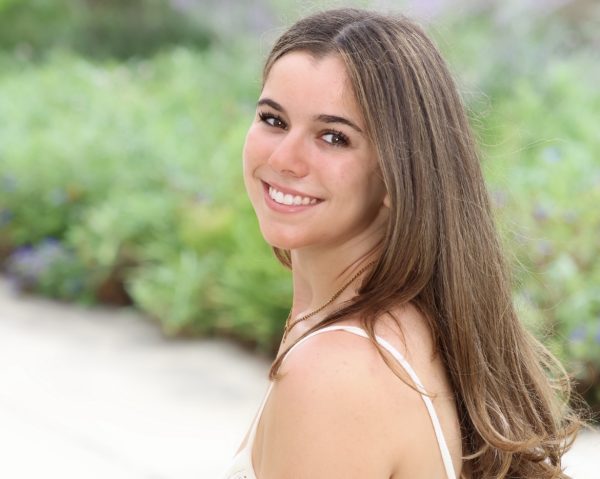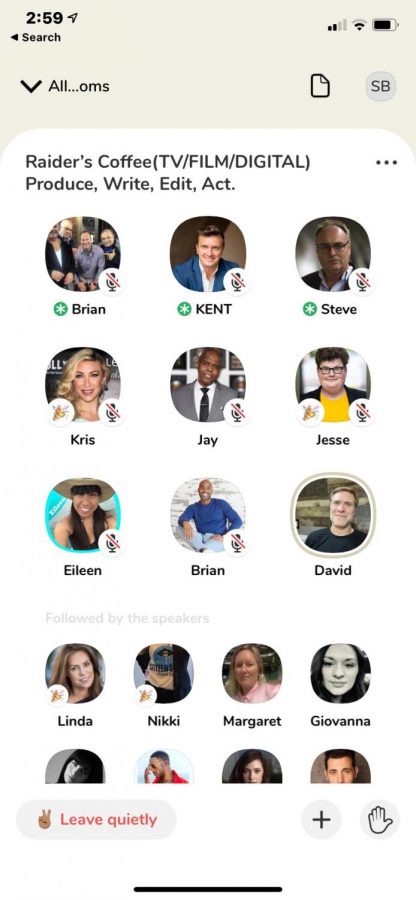Have You Been Invited To Clubhouse?
Have you secured an invite to the hottest social media app right now? Founded by Stanford alumni Paul Davison and Rohan Seth, Clubhouse is an app that lets you listen in on other people’s live conversations and also contribute your ideas.
The people hosting these conversations may be famous, or at least interesting and knowledgeable. The moderators share stories, collaborate, and bounce ideas off of each other while using this app.
Elon Musk, who spent some of his time on Clubhouse last Sunday night interviewing Robinhood CEO Vlad Tenev about the run-up in shares of video game retailer GameStop, is just the latest big name to chime in on Clubhouse.
The app has also attracted the likes of entrepreneur and investor Mark Cuban, comedian Tiffany Haddish, Reddit founder Alexis Ohania, and Twitter CEO Jack Dorsey.
Other well-known users include Mark Zuckerberg , Oprah, Kevin Hart, Drake, Terry Crews, and CBS This Morning host Gayle King. Though moderators usually plan who will be highlighted during a chat, the app’s tools allow for surprise visits, which has created impromptu conversations like the one between Musk and Tenev.
So, the app sounds super cool, but how can you gain access to it? Unfortunately, you need to score an invite from a friend who already has Clubhouse downloaded, and the app is only available to iOS users. Each person is only allowed to invite two people.
The app is similar to a party, where everyone wants to go to, but only a select few can attend. However, these exclusive invites may stop soon, so that anyone can download the app! Nonetheless, the limited invites have helped the company succeed by fueling its appeal among entrepreneurs and business elites.
For the many people who do sign up, the app presents a list of various topics, and you can click whichever ones that pique your interest. You are then presented to Clubhouse’s main page, “The Hallway,” where you can scroll through and join any room that is live at the moment.
Once inside, you can listen or raise your hand by tapping a button. A moderator in the room will allow you “on stage,” which essentially gives you permission to talk. You can also create a room on a certain topic, and you are able to share it publicly, with your friends, or only with a select few. There is also a feature to follow certain people or whole conversations that will notify you when occurring.
Users downloaded Clubhouse more than 990,000 times in December, an increase of more than 1,280% over the previous month, according to mobile analytics firm Sensor Tower. In January, the app’s downloads doubled again to more than 2.3 million.
Not only have the users of the app grown immensely in a short amount of time, but also the company is looking at a 1 billion dollar valuation, landing it at unicorn status, a venture capital industry term to describe a privately held startup company with a value of over $1 billion. This status takes years to achieve for most companies.
Even without the invites, certain citizens of the world will still not be able to experience Clubhouse. China’s censors blocked the app on February 8, but not before users were able to bypass the government-controlled media and freely discuss many topics. In Clubhouse’s audio chat rooms, users from Taiwan, Hong Kong, and other areas joined, eager to share their thoughts before China blocked the app.
China is not the only country having trouble with the app. Germany has taken this company to court to sue them for serious failings under data protection and consumer law. They would like to cease Clubhouse from illegal business practices and data protection violations.
Many differing people from around the globe are experiencing this same issue, where they are not fans of Clubhouse’s lack of effective moderation and abuse-prevention practices. Discussions have also been spreading of how the app will manage issues of harassment, as well as questionable content like conspiracy theories and misinformation.
There are certain rules in Clubhouse. No matter how much you enjoy the conversations on the app, you cannot record or save them without the moderator’s agreement. Users must go by their real names, although the app does not verify that information during registration. Harassment is banned along with hate speech, misinformation, and spam, but the app has struggled with policing bullying, homophobia, and anti-Semitism.
When it comes to conversations, users are not supposed to publicly share their contents without first obtaining permission from the speakers. Users are also prohibited from uploading any content that violates the intellectual property or proprietary rights.
But Clubhouse mostly relies on users to report violations, while the company says it records the audio of each room. If a user reports a violation, the company can review that audio. Recordings are then deleted if there are no complaints.
As one user remarked, Clubhouse is “the new radio for the intellectually curious.”

Sasha is a senior who is ecstatic to spend her fourth and final year writing for the Banner as Business Editor. When she is not writing, Sasha fills her...



